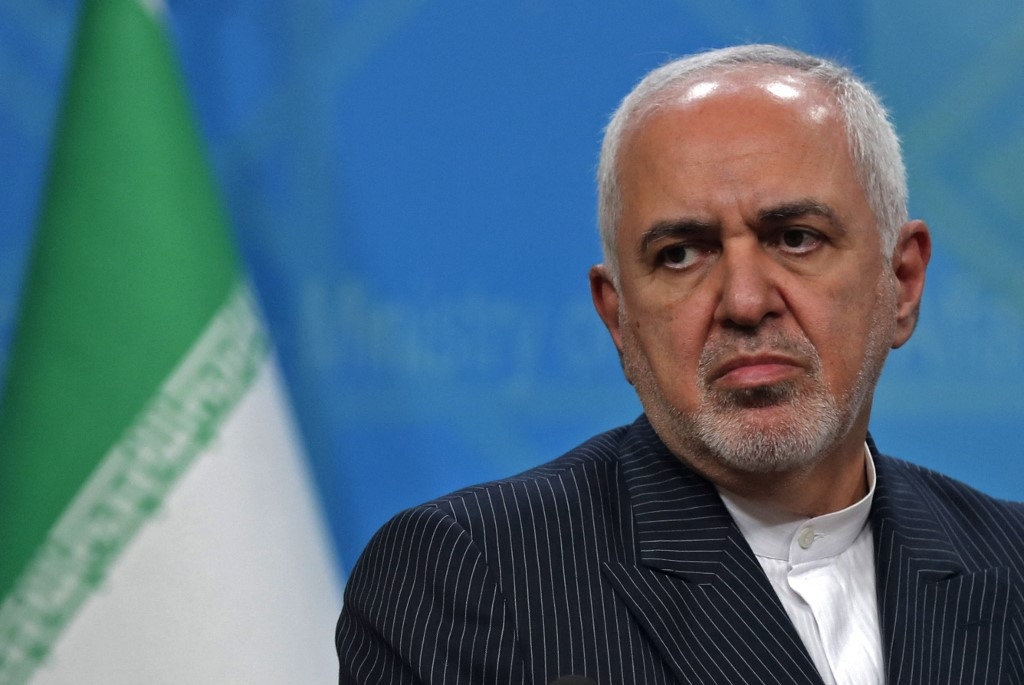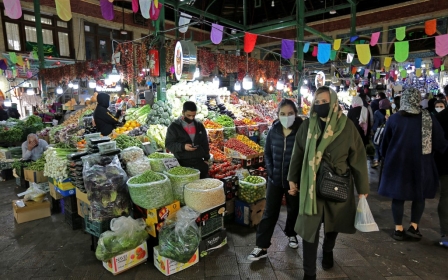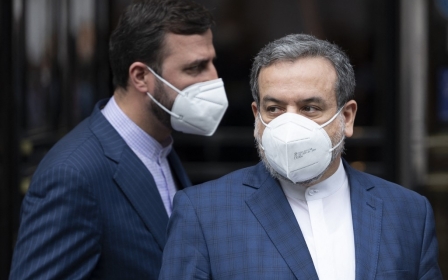Iran to lose voting rights at UN General Assembly over $16m in unpaid dues

Iran will lose its voting rights at the United Nations General Assembly after falling into arrears and failing to pay its dues, the international body has said.
In a letter sent to General Assembly President Volkan Bozkir, UN Secretary-General Antonio Guterres said Iran had missed several payments and needed to pay $16,251,298 to restore its voting rights.
According to the letter, the Central African Republic was also in arrears and would need to pay $29,395 to get its voting rights back.
Iran's foreign minister, Mohammad Javad Zarif, reacted angrily to the announcement on Thursday and blamed Tehran's inability to pay on "unlawful unilateral sanctions" imposed on the Islamic Republic by the United States.
"It is astonishingly absurd that Iranian people, who have been forcibly blocked from transferring their own money and resources to buy food and medicine - let alone pay UN contributions arrears - by a permanent member of the United Nations Security Council, are now being punished for not being allowed to pay budget arrears by the secretariat of the same Organization," Zarif said in a letter sent to Guterres.
New MEE newsletter: Jerusalem Dispatch
Sign up to get the latest insights and analysis on Israel-Palestine, alongside Turkey Unpacked and other MEE newsletters
Zarif added that Iran "rejects the notification" suspending its voting rights, asserting that the country should be able to continue to vote, considering its failure to pay was outside of its control.
Former US President Donald Trump began imposing crippling sanctions on Iran in May 2018 as part of his administration's "maximum pressure" campaign.
The sanctions came after Washington nixed the Iran nuclear deal, known as the Joint Comprehensive Plan of Action (JCPOA).
In response, Iran began loosening its commitments to the agreement and started enriching uranium at a grade as high as 60 percent in violation of the JCPOA, which sets the enrichment limit at 3.67 percent.
President Joe Biden, who took office in January, has said he is seeking a return to the deal, but Washington and Tehran have not been able to agree on a path back into the agreement.
Earlier this year, a South Korean official said Seoul was finalising talks with the US over Iran's payment of its UN membership dues by using some of its frozen assets in the East Asian nation, Iranian media reported.
The UN charter states that members whose arrears equal or exceed the amount of their contributions for the preceding two full years lose their voting rights. But it also gives the General Assembly the authority to decide "that the failure to pay is due to conditions beyond the control of the member", in which case a country can continue to vote.
Middle East Eye delivers independent and unrivalled coverage and analysis of the Middle East, North Africa and beyond. To learn more about republishing this content and the associated fees, please fill out this form. More about MEE can be found here.





